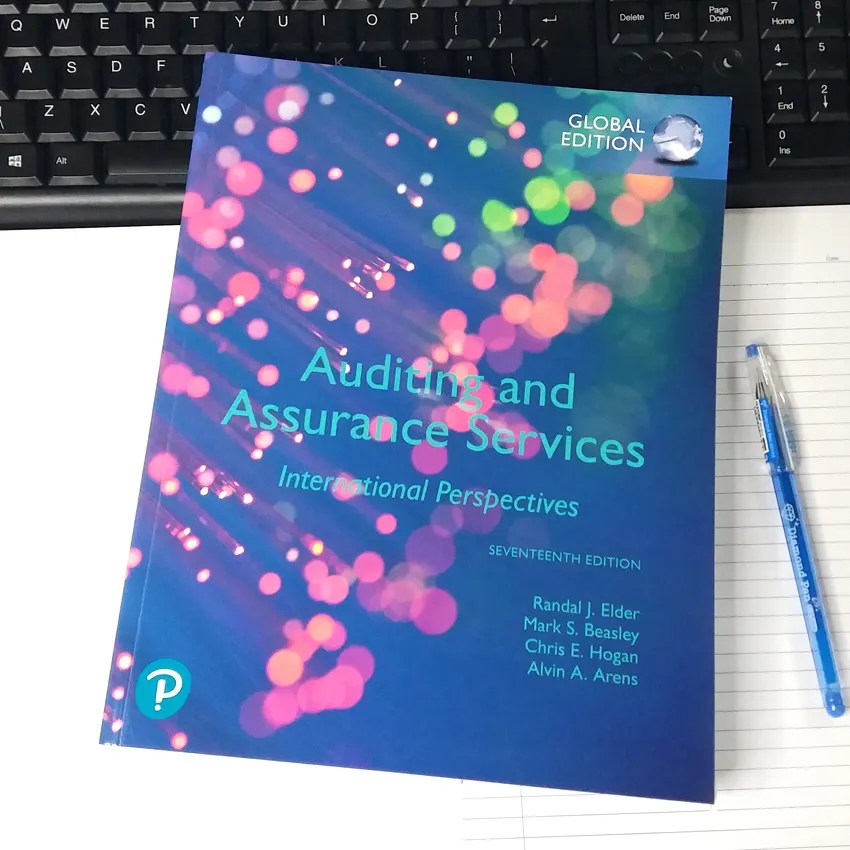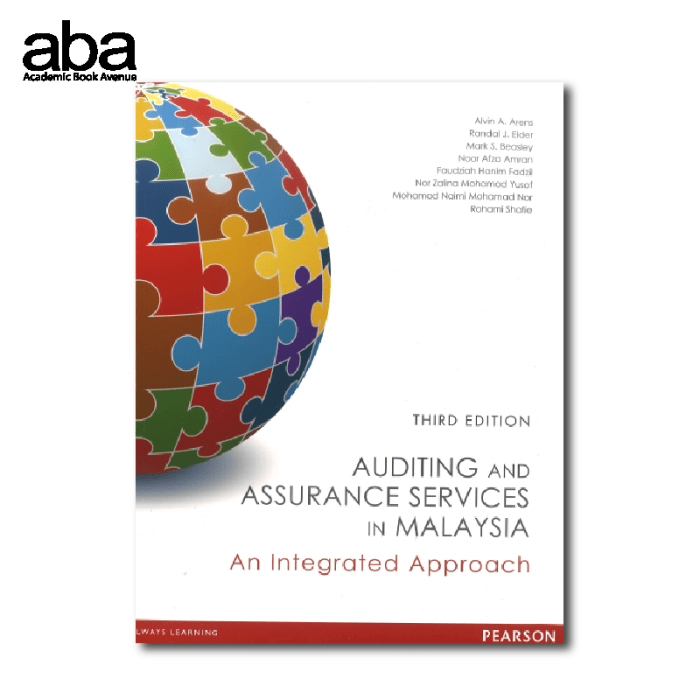Auditing and Assurance Services 9th Edition is a comprehensive and authoritative resource that provides a deep understanding of the principles and practices of auditing and assurance services. This edition has been meticulously updated to reflect the latest developments in the field, including the International Standards on Auditing (ISA) and the Generally Accepted Auditing Standards (GAAS).
With its clear and engaging writing style, Auditing and Assurance Services 9th Edition is an essential resource for students, professionals, and anyone seeking a thorough understanding of this critical field.
1. Introduction

Auditing and assurance services are essential for providing independent verification of financial information and assurance to stakeholders. They help to ensure that financial statements are accurate, reliable, and free from material misstatement.
The importance of auditing and assurance services cannot be overstated. They provide confidence to investors, creditors, and other stakeholders that the financial information they are relying on is accurate and reliable. This confidence is essential for the efficient functioning of capital markets and the economy as a whole.
Types of Auditing and Assurance Services, Auditing and assurance services 9th edition
- Financial statement audits
- Operational audits
- Compliance audits
- Internal audits
- Forensic audits
- Agreed-upon procedures
- Reviews of interim financial information
- Attestation engagements
2. Auditing Standards

International Standards on Auditing (ISA)
The International Standards on Auditing (ISA) are a set of internationally recognized standards that govern the performance of audits of financial statements. The ISA are issued by the International Auditing and Assurance Standards Board (IAASB), an independent body that sets auditing standards for the global profession.
Generally Accepted Auditing Standards (GAAS)
The Generally Accepted Auditing Standards (GAAS) are a set of auditing standards that were developed by the American Institute of Certified Public Accountants (AICPA). The GAAS are based on the ISA and are generally accepted in the United States.
Public Company Accounting Oversight Board (PCAOB)
The Public Company Accounting Oversight Board (PCAOB) is a non-profit corporation created by the Sarbanes-Oxley Act of 2002. The PCAOB is responsible for overseeing the audits of public companies in the United States.
3. Audit Planning: Auditing And Assurance Services 9th Edition
Importance of Audit Planning
Audit planning is the process of developing a plan for the audit. The audit plan should be tailored to the specific needs of the audit client and the nature of the audit engagement.
Steps Involved in Audit Planning
- Obtain an understanding of the client’s business
- Assess the client’s risk of material misstatement
- Develop an audit strategy
- Develop an audit program
Factors to Consider When Developing an Audit Plan
- The size and complexity of the client’s business
- The nature of the client’s industry
- The client’s risk appetite
- The auditor’s assessment of the client’s risk of material misstatement
- The availability of resources
4. Internal Control
Definition of Internal Control
Internal control is a process effected by an entity’s board of directors, management, and other personnel, designed to provide reasonable assurance regarding the achievement of objectives in the following categories: effectiveness and efficiency of operations, reliability of financial reporting, and compliance with applicable laws and regulations.
Components of Internal Control
- Control environment
- Risk assessment
- Control activities
- Information and communication
- Monitoring
Importance of Internal Control
Internal control is important because it helps to ensure that an entity’s financial statements are accurate and reliable, and that the entity is in compliance with applicable laws and regulations.
FAQ Explained
What is the difference between auditing and assurance services?
Auditing is the process of examining and evaluating financial records to ensure that they are accurate and reliable. Assurance services are a broader range of services that provide assurance on non-financial matters, such as the effectiveness of internal controls or the reliability of financial forecasts.
What are the different types of auditing and assurance services?
There are many different types of auditing and assurance services, including financial audits, operational audits, compliance audits, and internal audits. Each type of service is designed to provide assurance on a specific aspect of an organization’s operations.
What is the importance of internal control?
Internal control is a system of policies and procedures that an organization puts in place to help ensure the accuracy and reliability of its financial records and to prevent fraud and error.